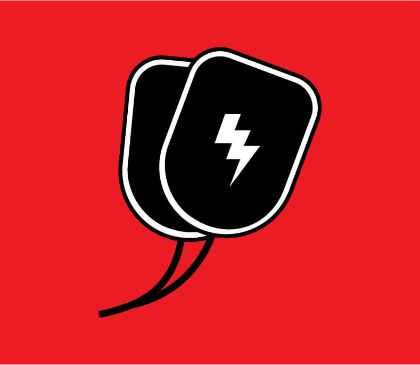The Benefits of Registering an AED
- Aug 5, 2019

Previous posts have discussed the importance of carefully planning where to place your automated external defibrillator (AED), but another just as important step is to register it.
If you don’t know what that means, here is an example of what it does. Say you get an AED, you place it in an area where it can be seen and easily accessed, but then someone suffers from cardiac arrest less than a block away. If the AED is registered and someone calls 911, the emergency agency will see where the call is coming from and that there is an AED located less than a block away and can give instructions on how to get it to the victim. If the AED is not registered, than there is a good chance no one will ever know that a life-saving device was a mere minutes run away.
Andy Teska is a paramedic in Winona, Minnesota who is trying to get an AED registration program in his community. He noticed that many businesses and public places already had AEDs, but there wasn’t any way for emergency services to know which ones did and how to contact them during a case of cardiac arrest. To help with that problem, Teska decided to start a project he calls Project Helping Hearts. The organization’s goal is to register all of the AEDs in their community, that way, when someone suffers from cardiac arrest, emergency services can send a message to the cellphones of everyone in the area and let them know where the AED is needed.
In an article by Winona Daily News, Teska talked about how brain function can be affected within two minutes after cardiac arrest and that it can take an ambulance five minutes to get to the scene. He said that the purpose of an AED registration project is to get an AED in the hands of a bystander because using an AED will increase the chances of survival by two to three times more than if only CPR is performed.
There are many AED registration programs out there including the National AED Registry. With programs like this one, additional benefits are that the AED owner will receive email reminders regarding AED inspection, battery date expiration, electrode date expiration, and if it’s available, their AED Link system, which serves in a similar manner as Project Helping Hearts informing emergency services about AED availability. So, the benefit of registering your AED is twofold – it helps you to be a more responsible AED owner and makes the AED not only a life-saving unit for the building it is in, but also for the surrounding community.
News Article: http://www.winonadailynews.com/news/local/article_9e2f8a76-6907-11e2-9158-001a4bcf887a.html









 CALL US:
CALL US: